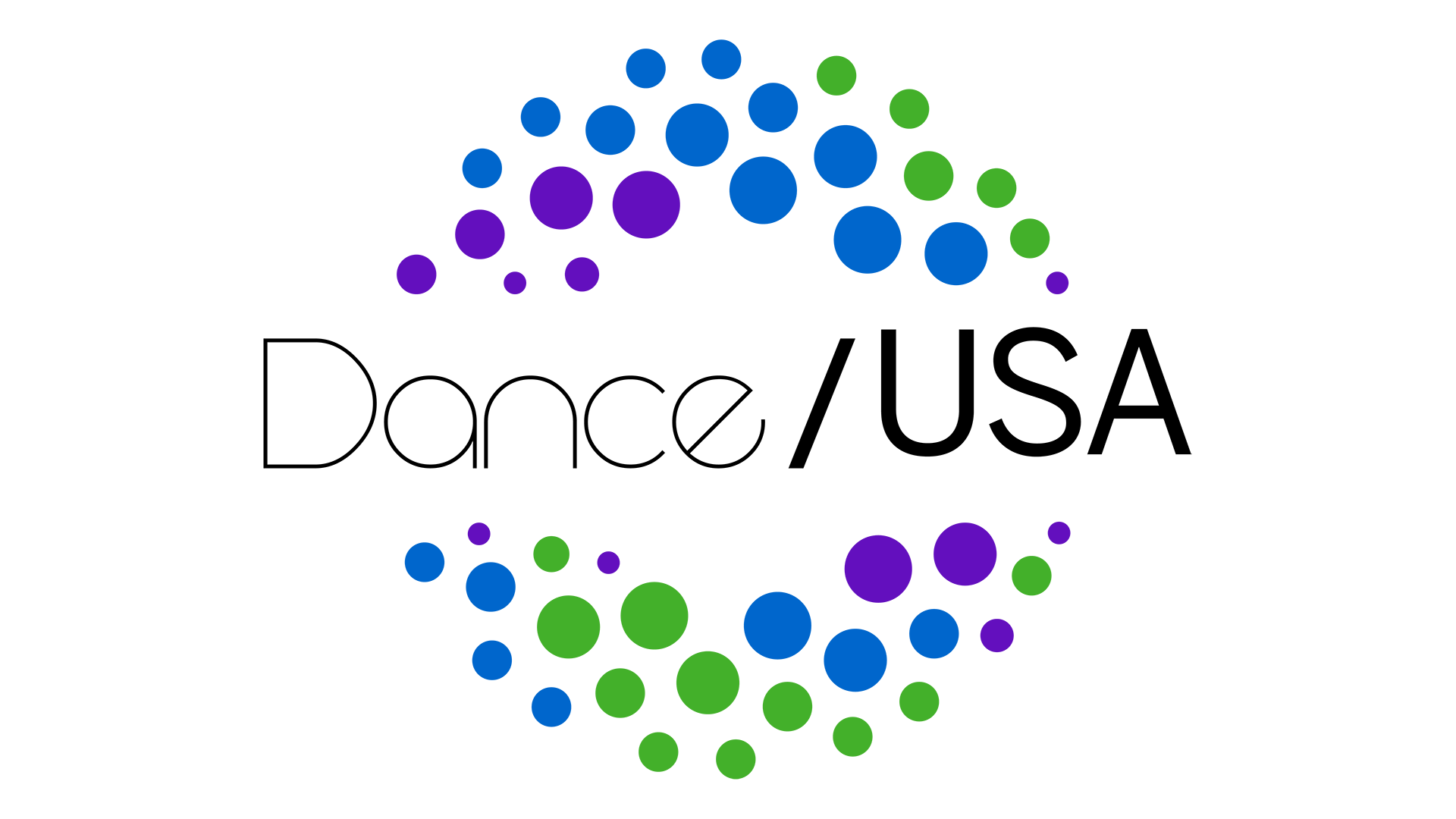Editor’s note: From the Green Room continues its regular series exploring issues relevant to the needs of non-profit development directors and fundraisers. If you have issues you would like to see explored here, please email journal@nulldanceusa.org. We look forward to hearing your ideas.
By Ron Fredman
In theory, nonprofit professionals deal in an ethical world, one where right and wrong are self-evident and the answers are always black or white. In practice, however, there’s an awful lot of gray in between.
How we handle those fuzzy subtleties — those questionable temptations open to interpretation and perhaps even a tad of fudging — will guide our moral compass. And it is this moral compass that, in turn, defines our reputation and builds that oh-so-critical trust.
But consider this:
- Who defines right and wrong . . . and are they right?
- Is right always right (or, to put it another way, is there a pure truth)?
–
If you disagree, can you disobey?
–
If everyone does it, how can it be wrong?
–
Can opposites both be right?
- Is it okay to bend the rules — even just a little?
- How shady are shades of gray?
- Does cognitive dissonance lead to manufactured justification . . . and does that make actions okay?
Society demands proper behavior from individuals and organizations, and society ultimately defines it. The greater the gap, the greater the mistrust. The greater the mistrust, the greater the fallout. Nonprofits that suffer from mistrust lose accountability and integrity and, ultimately, their existence.
We all know we should obey the law. But sometimes we are tempted to take a different course — not necessarily between good and evil, but tiptoeing along the edge. Consider the following ethical enigmas, all taken from real-life experiences. How would you respond?
- A volunteer presents the fundraising prospect list of another organization? What would you do?
- A car dealer offers a $15,000 van if you report on your tax forms that it’s worth $30,000. Your organization really needs that van. Would you take the van?
- You have the chance to throw some business at a long-time donor even though other suppliers could do the work for less. Would you give the donor the business?
The ethical individual knows right from wrong and acts accordingly. His or her values are generally accepted and, while the individual may wrestle with dilemmas, reaches the morally appropriate decision. Furthermore, this person understands the implication of choice and does not attempt to justify unjustifiable actions that could ultimately hurt an organization and its board. It’s not always easy, but playing it clean is always your best option.
Here are some more ethical enigmas. How would you respond? Let us know what you would do in the comment section below.
- Because of financial problems, the CFO shifts restricted gifts to operations. What do you do?
- A donor offers $25 million to endow a directorship, but wants to pick the director. What do you do?
- You hear confidentially about an impending divorce and know money will be in motion. What do you do?
In making an ethical decision when temptation is present, first recognize the moral dimension. Is there a conflict regarding your values or ideals? Who is involved and who will be impacted by your decision? What values are in play (shared values, trust, autonomy, fairness, could anyone harmed or helped)? What is to be gained? What is to be compromised? Is there precedence, and has it withstood challenges?
Then it’s time for the gut check. Would you tell your family, clergy or mentors what you decided? What would your mom say? Would a wise, virtuous person make this decision? Can you live with your actions? Would you feel comfortable reading about it in a newspaper article?
Three more ethical enigmas to finish off your day:
- You need two-dozen photocopies for your church social — a good cause. Your employer has a photocopier. What do you do?
- Your university is involved in controversial but lucrative medical research, You discover certain facts are being withheld. What do you do?
- A co-worker is lying on a grant request; without that lie receiving the grant is unlikely. What do you do?
The questions and issues outlined here make for interesting discussions among peers and coworkers. It’s a good opportunity not only to test and refine their ethical leanings, but to get them thinking about the right choices and the ramifications of falling short.
Just remember, black-and-white decisions are easy. A decision in the gray area tests your ethical muscle. It’s up to you to do what’s right and to know the difference. People expect nothing less of you. You should demand nothing less of yourself — for your own integrity and the integrity of the organization and constituents you serve.

Ron Fredman, chief development officer at Kansas City Ballet, is well known for beyond-the-horizon thinking, deceptively tough questions, nurtured expectations and enthusiastic partnership. He is a passionate fundraiser and dedicated relationship builder. He has enjoyed many years in arts fundraising, including record-breaking seasons as the chief fundraiser for the Kansas City Symphony and Houston Symphony. He joined the Kansas City Ballet as chief development officer in the fall of 2012 and has continued the string of fundraising successes. His background includes more than a decade as a national fundraising consultant with Hartsook Companies, where he last served as executive vice president. He has guided arts and cultural organizations, social services, youth organizations, schools, religious institutions, health care, professional and trade associations, foundations and more. Beyond solid fundraising leadership, he also provides senior-level expertise in management, strategic planning and marketing.
Ron is a frequent speaker at national, regional and local fundraising and business conferences, where his energy, interactive style and common sense draw strong reviews. He has designed and taught business courses at the corporate and community-college level, and has written for many publications. He began his career as a sportswriter at The Kansas City Star. Ron studied political science at the University of Missouri-Kansas City and served as an adjunct faculty at Lansing (Mich.) Community College. Ron is chair of Dance/USA’s Development Directors & Staff Affinity Group.
____
We accept submissions on topics relevant to the field: advocacy, artistic issues, arts policy, community building, development, employment, engagement, touring, and other topics that deal with the business of dance. We cannot publish criticism, single-company season announcements, and single-company or single artist profiles. Additionally, we welcome feedback on articles. If you have a topic that you would like to see addressed or feedback, please contact communications@danceusa.org.
Disclaimer: Opinions expressed in guest posts do not necessarily represent the viewpoints of Dance/USA.



